Dental Implant Maintenance Demystified

Understanding Dental Implant Maintenance
Successful dental implant maintenance is essential for ensuring long-lasting results and preventing complications. Understanding the associated risks and factors influencing success rates is vital for anyone considering or currently undergoing this treatment.

Risks and Complications
Dental implants can lead to various complications. Common issues include:
ComplicationDescriptionInfectionsMay occur at the implant site, risking implant failure.Gum RecessionGums may pull away from the implant, exposing more of the implant.Loose ImplantsCan happen if the implant fails to fuse properly with the jawbone.Nerve DamageMisplacement of the implant may affect nearby nerves, causing pain or numbness.Sinus IssuesUpper jaw implants can protrude into the sinus cavity if placed incorrectly.Damage from Excessive ForceHeavy biting pressure can damage the implant.
The success rate of dental implants is around 90-95%, but approximately 5 to 10 percent may fail either shortly after the procedure or years later [1]. Recognizing these risks highlights the importance of diligent care and follow-up.
Factors Affecting Success Rates
Several factors can impact the likelihood of a successful dental implant outcome:
FactorImpact on Success RateGum DiseaseIncreases risk of infection and affects healing.Teeth Grinding (Bruxism)Puts excessive force on implants, leading to failure.OsteoporosisLow bone density can hinder proper healing and fusion.Cancer TreatmentRadiation therapy can weaken bone structure.MedicationsCertain drugs may interfere with healing.SmokingReduces blood flow, impairing the healing process.
Patients should be aware of these factors before undergoing an implant procedure. Proper care, including using a soft-bristled toothbrush and special dental floss designed for dental implants, is crucial for maintaining implants effectively [2]. Ensuring that potential risks are managed can significantly enhance the chances of a successful outcome.
Importance of Proper Oral Hygiene
Maintaining proper oral hygiene is essential for the longevity and success of dental implants. Without adequate care, the risk of complications increases, potentially leading to implant failure. Proper hygiene practices contribute to overall oral health and the durability of the implants.
Daily Care Practices
It is crucial for individuals with dental implants to follow specific daily care routines. This includes brushing, flossing, and rinsing with mouthwash.
Daily Care ActivityRecommendationBrushing TeethTwice a day with a soft-bristled toothbrush and toothpaste formulated for implants.FlossingDaily, using special dental floss designed for dental implants.MouthwashUsing an antiseptic mouthwash to further clean the mouth.
Following these practices can significantly reduce the risk of infection and help promote healing around the implant site. Proper brushing involves covering all surfaces of the teeth, while flossing removes plaque and food particles that brushing may not reach. It is important to be gentle to avoid damaging the implant area and surrounding gums [2].
Special Care Requirements
Dental implants require additional care compared to natural teeth. This includes using specific dental tools and understanding the limitations when it comes to food choices.
Regular dental visits and follow-up appointments are crucial for maintaining excellent oral health and ensuring the longevity of the implants [2]. This professional oversight helps monitor the health of the gums and the condition of the implants, ensuring that any potential issues are addressed promptly.
In conclusion, a commitment to proper oral hygiene and adherence to specific care practices can greatly enhance the success and durability of dental implants. Whether looking for information about how to maintain the results of a smile makeover or understanding the implications of implant failure (what happens if a dental implant fails?), knowledge of maintenance is key.
Common Issues with Dental Implants
Individuals with dental implants may encounter specific issues that require attention and proper management. Understanding these common concerns, such as peri-implantitis and metal sensitivity, can help ensure the longevity and health of dental implants.
Peri-implantitis Signs
Peri-implantitis is a type of gum disease that affects the tissues surrounding a dental implant. It usually develops around five years after the implantation procedure. Key symptoms to watch for include:
If left untreated, peri-implantitis can lead to bone loss around the implant, potentially resulting in implant failure, which also emphasizes the importance of dental implant maintenance. Regular visits to a dental professional and maintaining good oral hygiene practices are essential to prevent this condition.
SymptomDescriptionBleedingNoticeable bleeding upon brushing or flossing around the implantSwellingSwollen tissue around the implant indicating inflammationDischargePus or unusual fluid may indicate an infection
Metal Sensitivity Considerations
Some individuals may experience metal sensitivity related to the materials used in dental implants. Symptoms of metal sensitivity can include:
Metal sensitivities can arise from the body's reaction to certain alloys used in dental implants. If a patient suspects they may have a sensitivity, it's crucial to discuss these concerns with a dental professional, who can evaluate the situation and provide guidance. Alternatives such as titanium implants may be recommended for those with specific allergies or sensitivities.
The importance of maintaining proper oral hygiene cannot be overstated. Good practices include brushing teeth twice daily, daily flossing, and using an antiseptic mouthwash to reduce bacteria and prevent plaque buildup on implants. Regular dental check-ups are essential to address issues such as peri-implantitis and ensure a healthy dental environment.
Preventive Measures for Longevity
Ensuring the longevity of dental implants involves understanding risks to avoid and the importance of follow-up care.
Risks to Avoid
Several risk factors can affect the success of dental implants. Smoking is a significant concern, as it can lead to a failure rate of up to 20 percent among smokers [1]. To improve outcomes, it's recommended that individuals stop smoking at least one week prior to the procedure and refrain from it for a minimum of two months afterward.
Certain health conditions and medications can also hinder the healing process. Individuals diagnosed with autoimmune diseases, rheumatoid arthritis, or diabetes may experience complications with osseointegration, where the implant fuses with the jawbone. It is essential for patients to discuss their medical history with their dental professional to identify any potential risks.
Additionally, neglecting oral hygiene is a critical mistake. Poor oral care can lead to gum disease, infection, and staining, which can ultimately result in implant failure. Practicing good oral hygiene is vital for maintaining the health and longevity of dental implants.
Risk FactorPotential Failure RateSmokingUp to 20%Autoimmune DiseasesVaries by conditionPoor Oral HygieneIncreases likelihood of failure
Importance of Follow-up Care
Follow-up care is crucial for monitoring the health of dental implants. Regular dental check-ups allow for the early detection of any issues that may arise. These appointments can include professional cleaning and an assessment of the implant site for signs of complications, such as peri-implantitis.
Daily oral hygiene practices are necessary, which include brushing teeth twice a day, flossing daily, and using an antiseptic mouthwash to kill bacteria and freshen breath [2]. Maintaining a routine will not only benefit the implants but also improve overall oral health.
Patients should also comply with their dentist's recommendations regarding follow-up visits and additional care strategies. Being proactive about dental health can significantly improve the likelihood of long-lasting success in dental implant maintenance. For more information on potential complications, refer to our article on what happens if a dental implant fails?.
Maintenance Tips for Dental Implants
Ensuring the longevity and functionality of dental implants requires a solid maintenance routine. This section outlines appropriate cleaning techniques and dietary recommendations to help maintain oral health.
Appropriate Cleaning Techniques
Proper oral hygiene is essential for maintaining dental implants. Regular care helps to prevent complications such as infections and ensure the stability of the implant. Here are key practices she or he should follow:
Cleaning TechniqueFrequencyRecommended ToolsBrushingAt least twice dailySoft-bristle toothbrush, interdental brushFlossingDailyDental floss, interdental brushesMouthwashAfter mealsAntiseptic mouthwash for dental implants
Implementing these cleaning techniques regularly will significantly aid in maintaining the health of dental implants.
Dietary Recommendations
Diet also plays a crucial role in ensuring the success of dental implants. A balanced diet helps in the healing process and overall oral health. Here are some dietary considerations:
Dietary RecommendationExamplesPurposeSoft FoodsYogurt, mashed potatoesReduces stress on the implantNutrient-Rich FoodsDairy, leafy greens, nutsSupports healing and bone healthAvoid Hard and Sticky FoodsHard candies, caramelPrevents damage to the implant
Maintaining a careful intake of food alongside a strict oral hygiene routine will greatly enhance the longevity of dental implants and support overall oral health. Regular dental visits for professional cleanings and check-ups are also vital to the maintenance of dental implants. For more detailed information on potential complications, read about what happens if a dental implant fails?.
Dealing with Potential Complications
Dental implants have a high success rate of 98% and can last for a lifetime if properly maintained. However, complications can occur. Recognizing symptoms of implant failure and knowing how to address these issues is essential for maintaining oral health.
Symptoms of Implant Failure
There are several signs that may indicate a dental implant has failed. Individuals should be on the lookout for the following symptoms:
SymptomsDescriptionPain or DiscomfortPersistent pain that does not improve with time.SwellingSwelling around the implant site, which can indicate infection.MobilityIf the implant feels loose or can be moved, it may be failing.Gum RecessionNoticeable shrinking of gums around the implant.DiscolorationChanges in color around the implant that suggest infection.
Should any of these symptoms occur, it is vital to contact a dental professional immediately. Early intervention can often prevent further complications.
Addressing Failed Implants
If a dental implant fails, several steps can be taken to address the issue. The first measure is to schedule an appointment with a qualified dental professional to assess the implant's condition. Depending on the evaluation, potential steps may include:
Proactive care, including daily brushing, flossing, and regular dental check-ups, is vital for the long-term success of dental implants. To learn more about potential complications and their management, check out our article on what happens if a dental implant fails?.
References
[2]:
[3]:
[4]:
[5]:






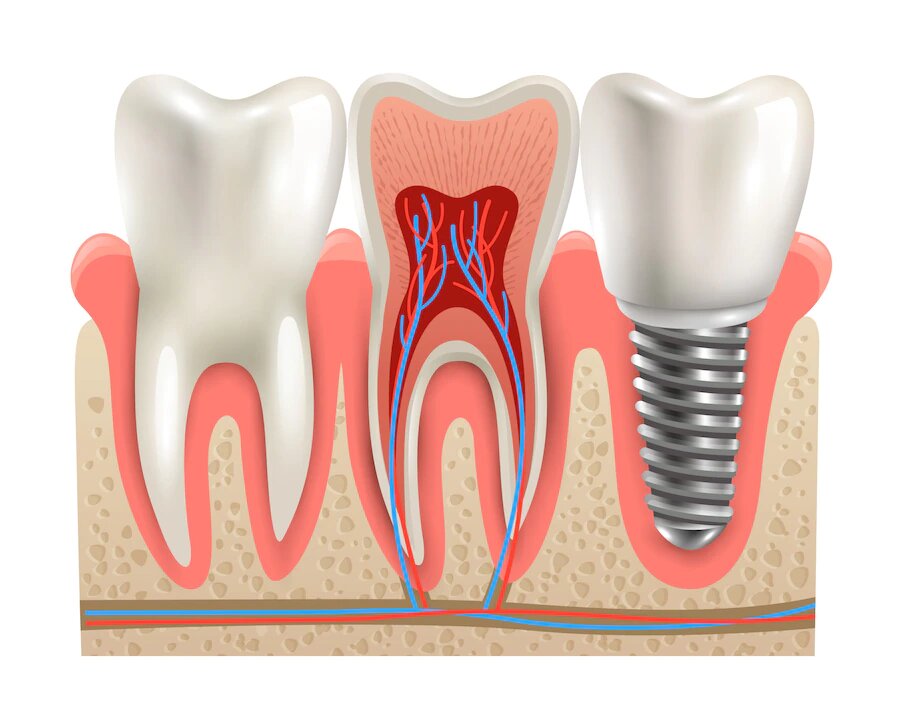










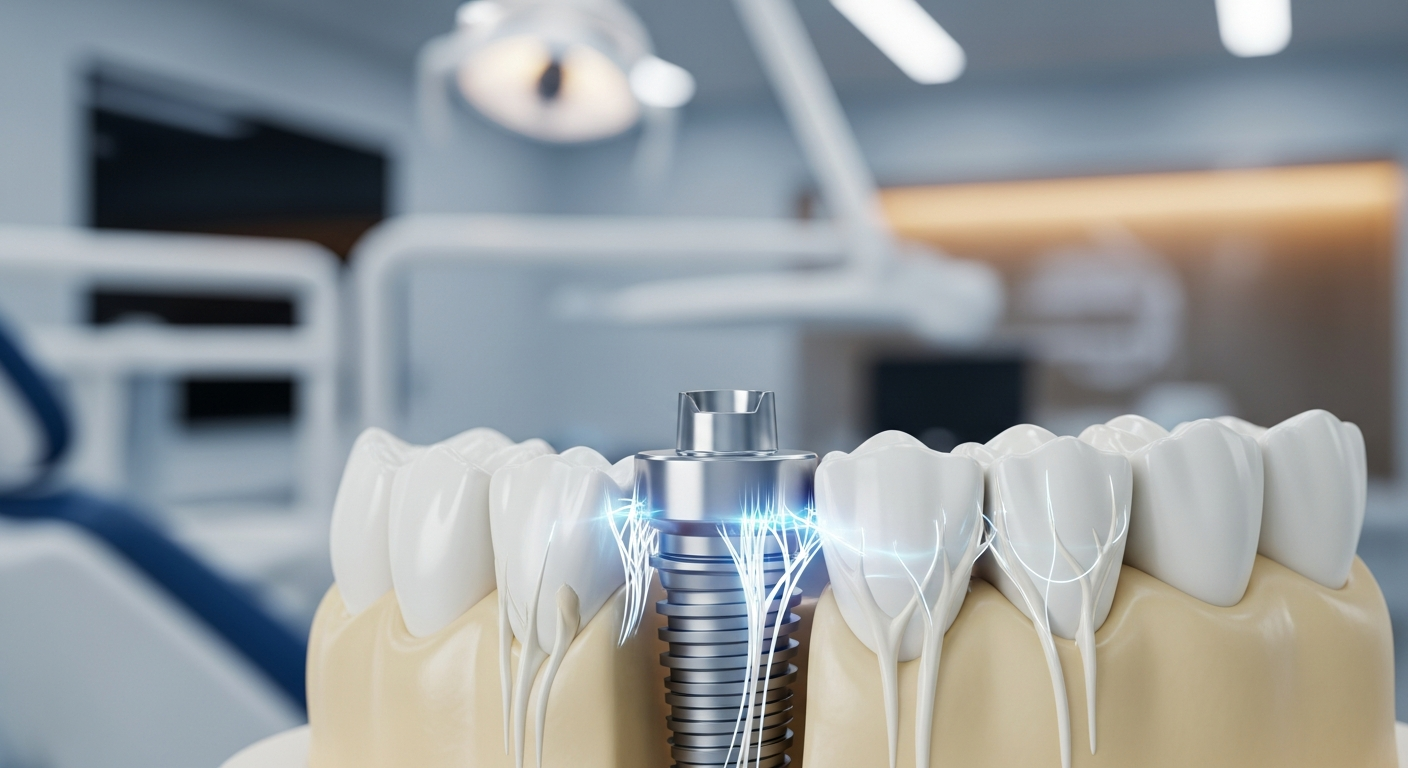






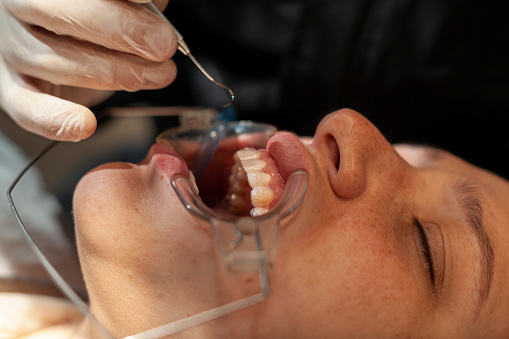

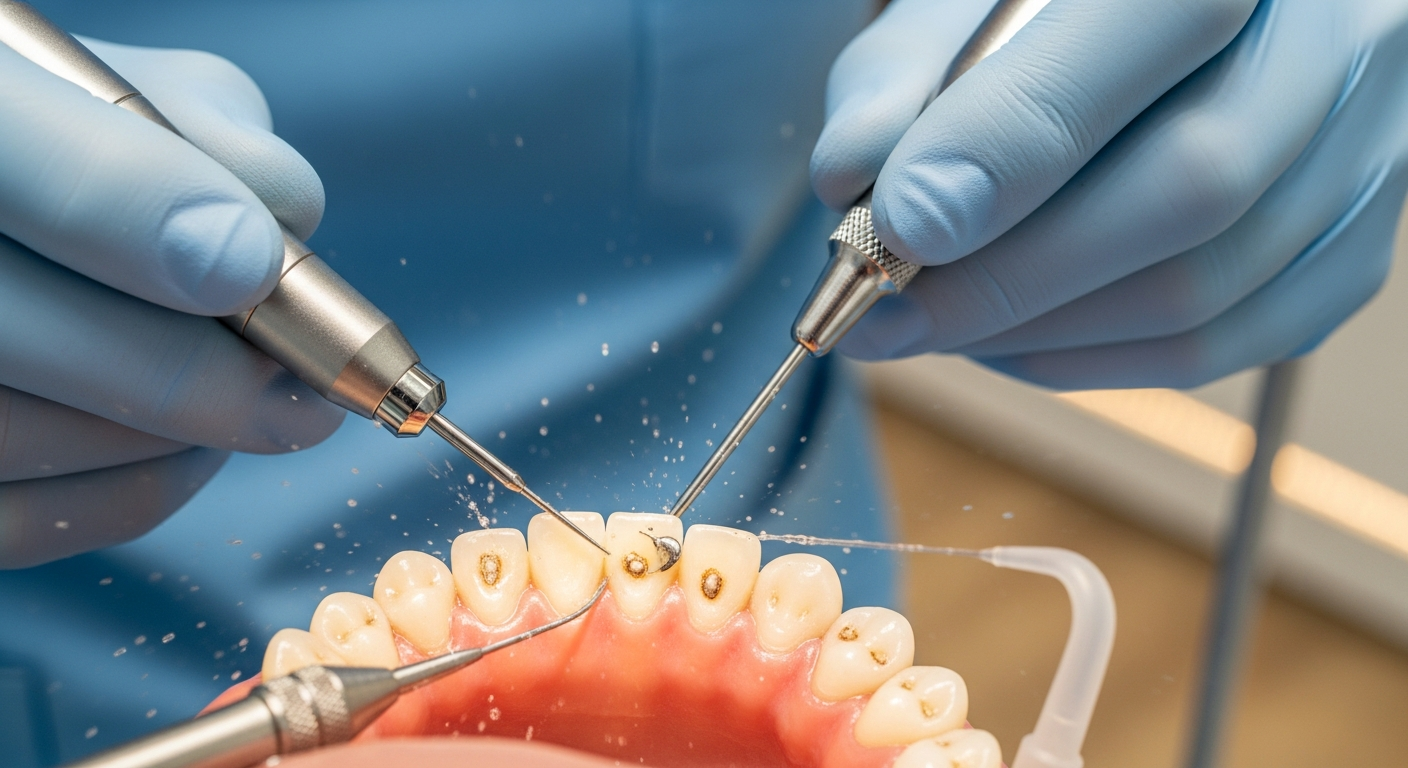





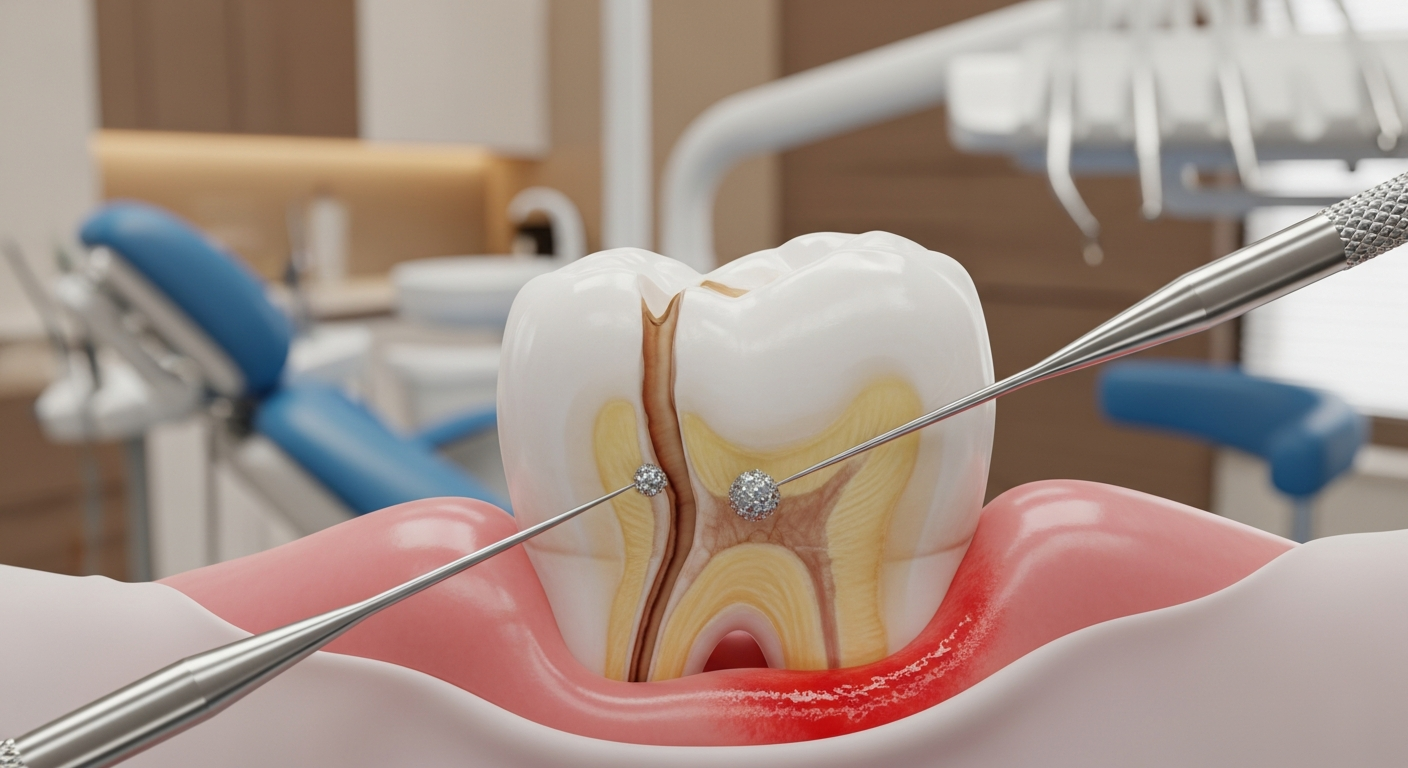




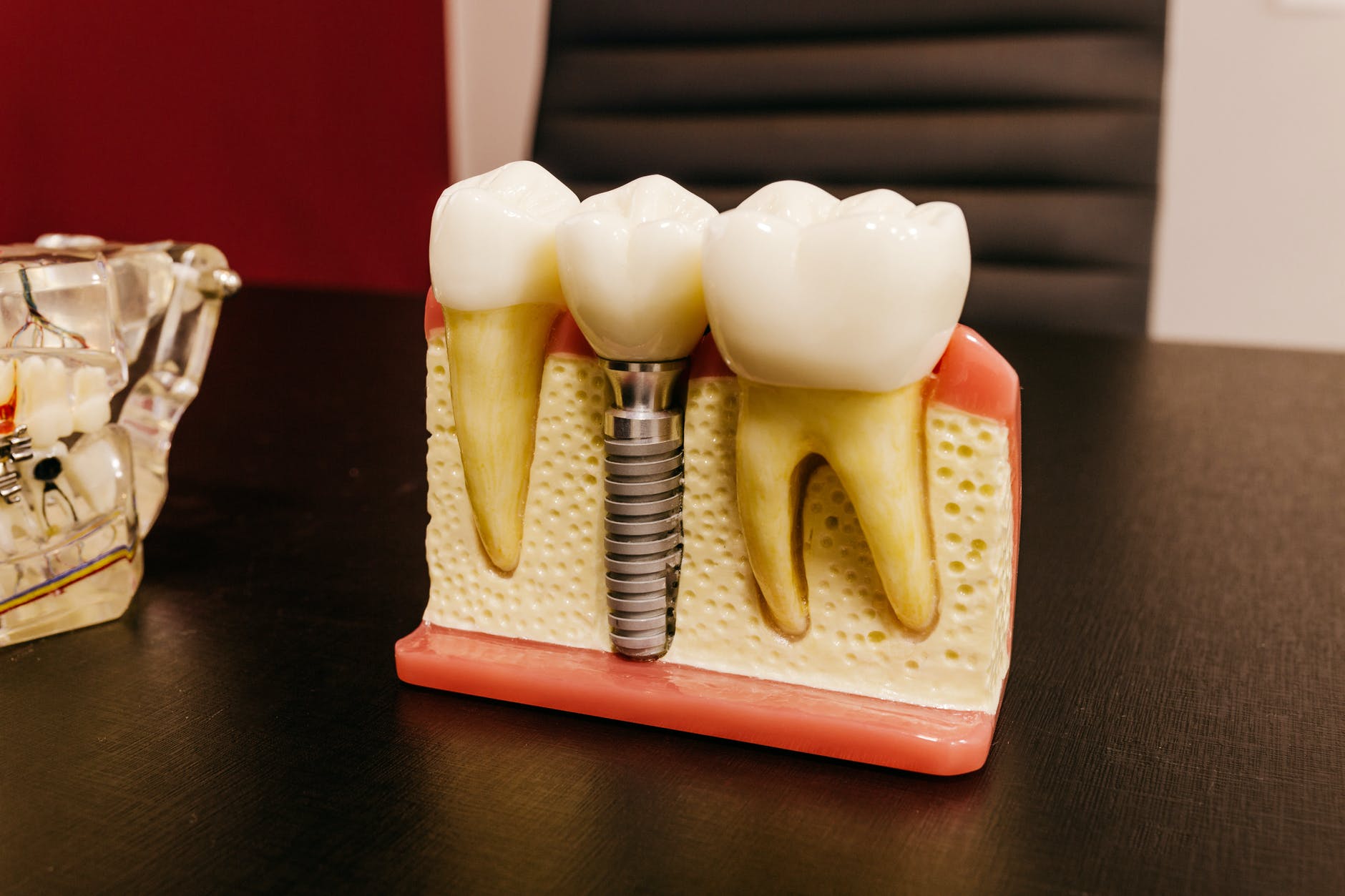


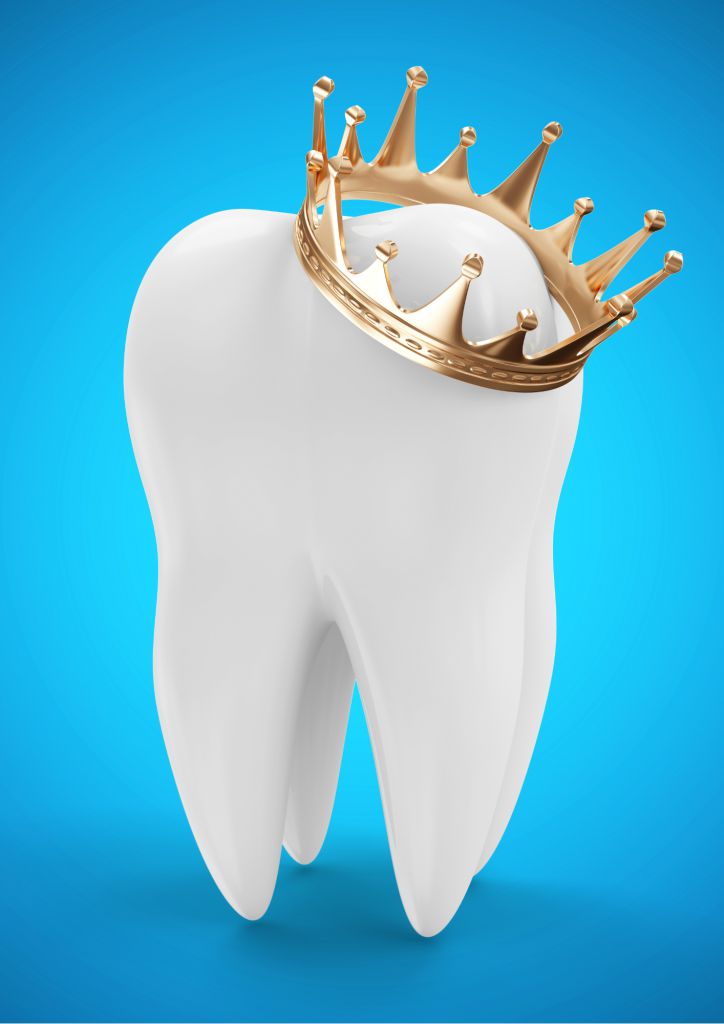







.avif)








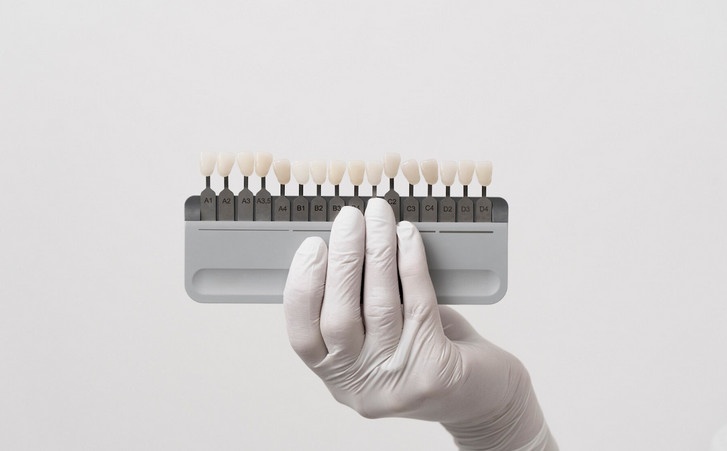

.jpg)


















.avif)


















.jpg)



